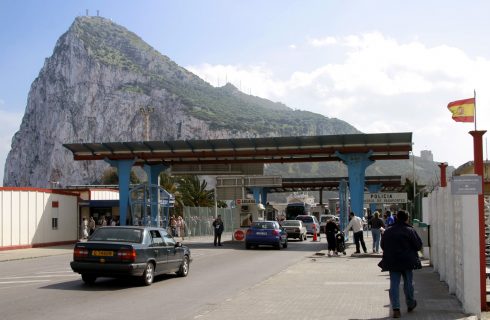SPAIN’s economic response to the COVID-19 crisis has pushed the country’s national debt to a 20-year high, according to figures released by the Bank of Spain.
The official figures show that public debt is at €1.29 trillion in the second quarter of 2020, it’s highest level since 2000.
This puts Spain’s debt at 99% of GDP, way above the EU limit of 60%.
The debt rose from €1.22 trillion in the first quarter thanks to the economic fallout from the nationwide lockdown and subsequent recovery process.
As a result, the government has announced that it will be suspending normal budget regulations in 2020 and 2021 to help recover from the impact.
Finance Minister Maria Jesus Montero told reporters that the country will maintain a ‘fiscally responsible’ attitude towards the debt.
During the lockdown, Spain’s economy was put into ‘hibernation’ but with extended furlough schemes and financial support for struggling business, Spain’s spending took a significant hit.
It was estimated that the true cost of the COVID-19 bailout equaled 20% of Spain’s total GDP.
This led the country to enter a recession for the third time since 2008 after GDP fell dramatically by 18.5%, the biggest fall since records began.
The government predicted their current financial situation, with financial experts expecting the debt-to-GDP ratio to rise to 115.5% by the end of the year.
This prediction will be bolstered by the damage inflicted upon the tourist industry this year, traditionally one of the most lucrative markets in Spain.
It is estimated that travel restrictions and business closures have cost the country €8.2 billion in total but experts worry that the true cost is much higher.
Click here to read more Spain News from The Olive Press.








